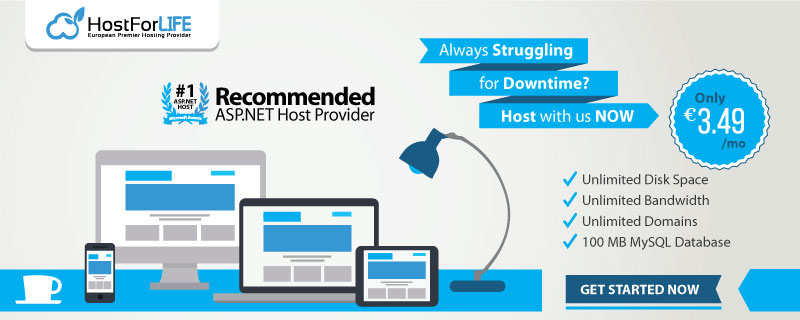
September 22, 2025 08:11 by
 Peter
PeterThe common language used to manage and communicate with relational databases is called Structured Query Language, or SQL. SQL provides the capabilities to effectively store, manage, and retrieve data, whether you're developing an enterprise application, corporate dashboard, or website.
What is SQL?
SQL (pronounced “ess-que-el” or sometimes “sequel”) is a domain-specific language used to communicate with relational database management systems (RDBMS) such as:
- MySQL
- PostgreSQL
- Microsoft SQL Server
- Oracle Database
SQLite
SQL lets you describe what data you want, while the database engine figures out how to get it.
Core Features of SQL
- Data Definition: Create and modify the structure of databases (tables, views, indexes).
- Data Manipulation: Insert, update, delete, and retrieve records.
- Data Control: Manage permissions and security (GRANT, REVOKE).
- Transaction Control: Commit or roll back changes safely.
Basic SQL Commands
Here are some of the most commonly used SQL statements:
Create a Table
CREATE TABLE Employees (
EmployeeID INT PRIMARY KEY,
Name VARCHAR(50),
Position VARCHAR(50),
Salary DECIMAL(10,2)
);
Insert Data
INSERT INTO Employees (EmployeeID, Name, Position, Salary)
VALUES (1, 'Alice', 'Developer', 65000);
Retrieve Data
SELECT Name, Position
FROM Employees
WHERE Salary > 60000;
Update Data
UPDATE Employees
SET Salary = 70000
WHERE EmployeeID = 1;
Delete Data
DELETE FROM Employees
WHERE EmployeeID = 1;
Why SQL is Important?
- Universality: Nearly all relational databases use SQL or a close dialect.
- Powerful Queries: Combine, group, and filter data with ease.
- Data Integrity: Enforce constraints (primary keys, foreign keys) to keep data consistent.
- Scalability: Handle anything from a small app’s data to enterprise-level systems.
Common Uses of SQL
- Business intelligence and reporting
- Backend for web and mobile apps
- Data analytics and dashboards
- Financial and inventory systems
- Data migration between platforms
Advantages of SQL
- Human-readable, declarative syntax
- Optimized by database engines for performance
- Portable across platforms with minimal changes
- Supports complex operations with relatively simple commands
Limitations
- Not ideal for unstructured or semi-structured data (that’s where NoSQL databases shine).
- Large, complex queries can become hard to maintain without proper design.
- Performance tuning may require knowledge of indexes, execution plans, and normalization.
Conclusion
The foundation of relational systems' data handling is SQL. You acquire a useful ability that forms the basis of practically every contemporary software program by becoming proficient with its commands and comprehending how databases arrange data. SQL is an essential skill for anyone dealing with data, whether they are an analyst, developer, or data scientist.
HostForLIFE.eu SQL Server 2022 Hosting
HostForLIFE.eu is European Windows Hosting Provider which focuses on Windows Platform only. We deliver on-demand hosting solutions including Shared hosting, Reseller Hosting, Cloud Hosting, Dedicated Servers, and IT as a Service for companies of all sizes.
